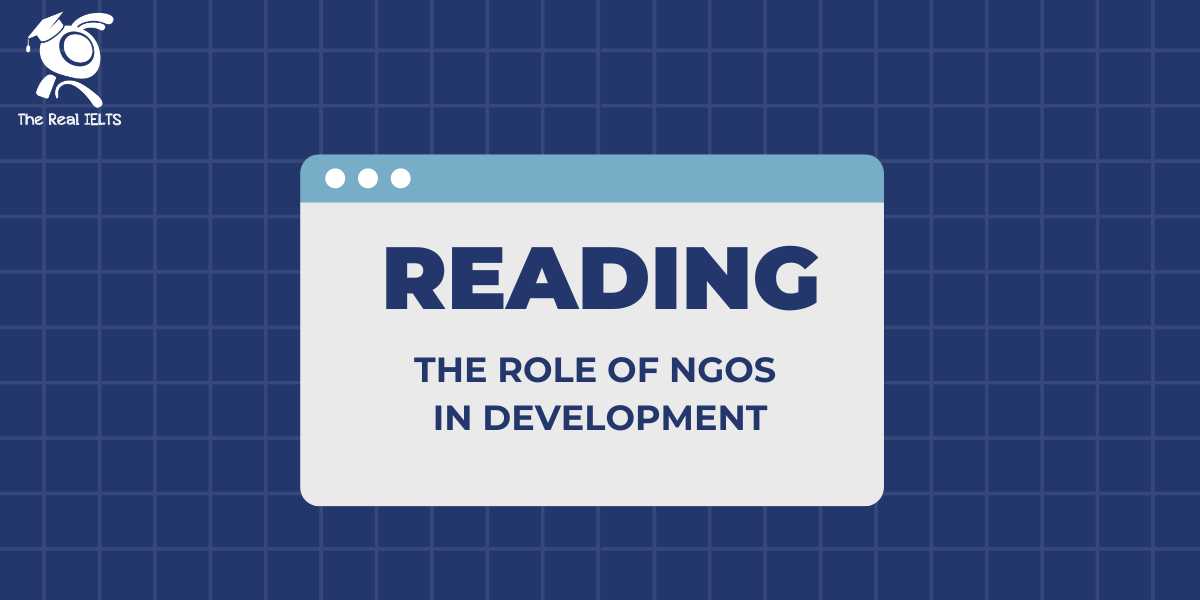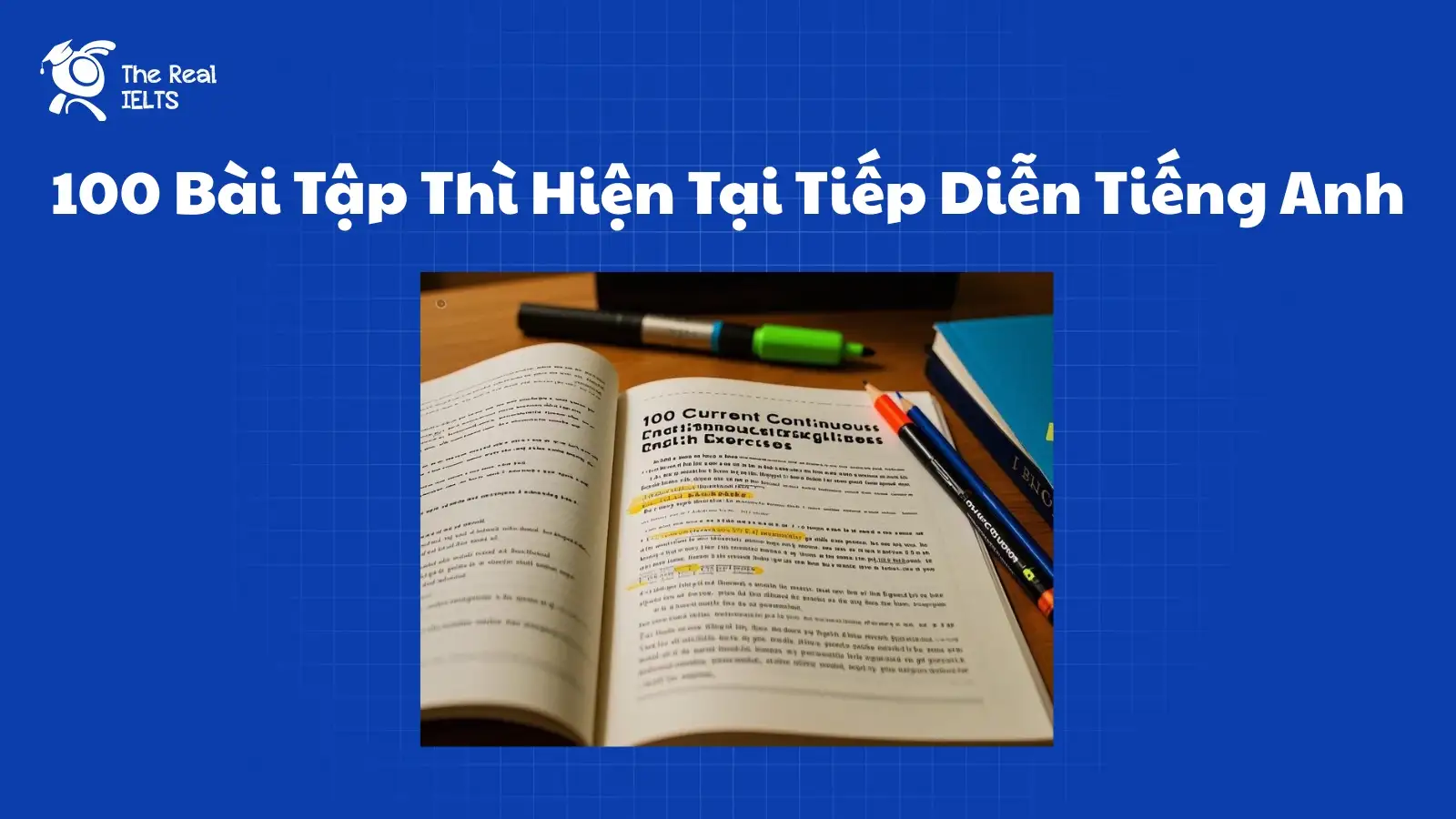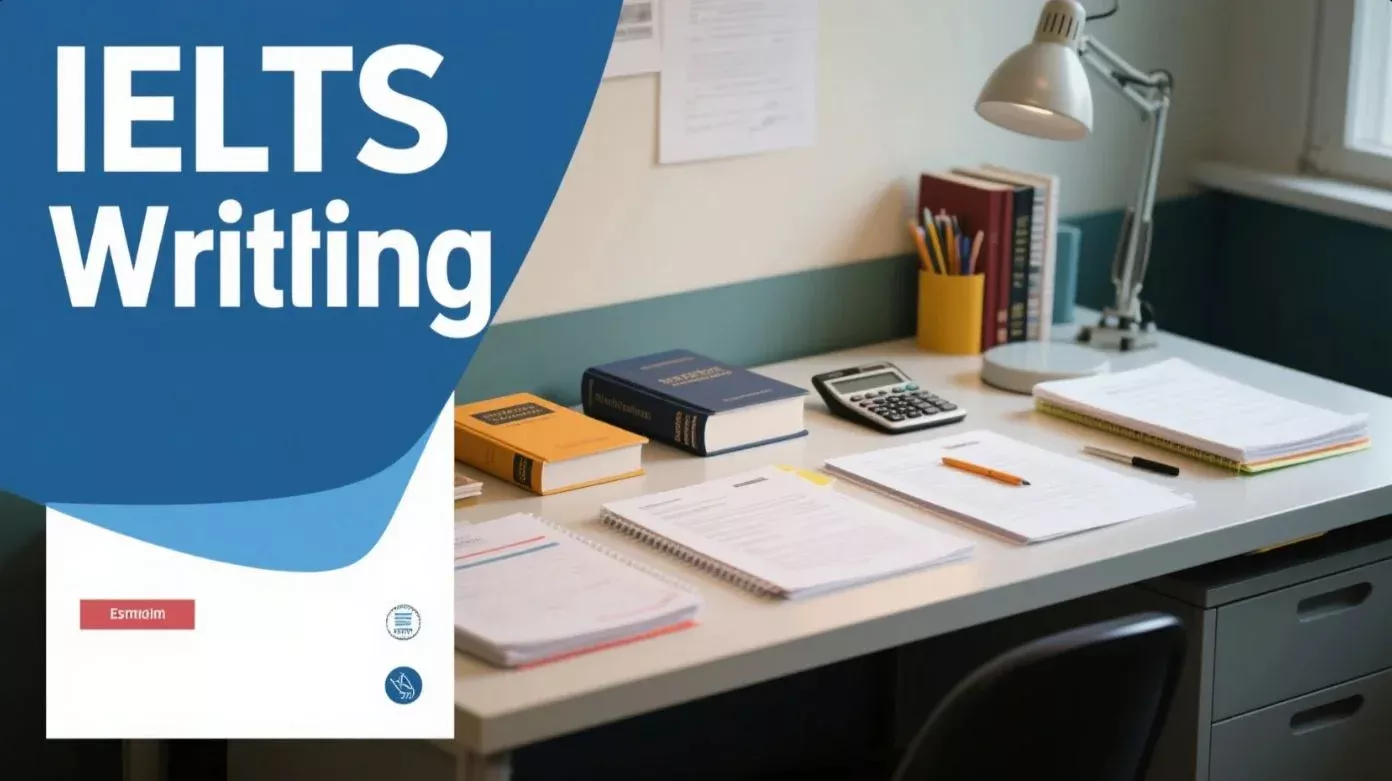Bài Reading có chủ đề Vai trò của Tổ Chức Phi Chính Phủ trong sự phát triển. Bạn hãy đọc kỹ bài Reading và trả lời câu hỏi cẩn thận nhất có thể.
Reading: The Role of NGOs in Development
Non-Governmental Organizations (NGOs) have become integral players in the development landscape, addressing a myriad of social, economic, and environmental issues across the globe. These organizations operate independently of government, often relying on donations and volunteers to fulfill their missions. Their roles are multifaceted, ranging from humanitarian aid and disaster relief to advocacy and policy influence.
One of the primary roles of NGOs is to provide direct services to communities in need. For example, they often step in to offer immediate relief during natural disasters. After the devastating earthquake in Haiti in 2010, numerous NGOs mobilized to provide food, water, medical care, and shelter to the affected population. Such organizations are typically more agile than government bodies, allowing them to respond swiftly to crises.
In addition to emergency relief, NGOs play a crucial role in long-term development projects. These projects aim to address the root causes of poverty and inequality. By focusing on areas such as education, healthcare, and economic empowerment, NGOs work to build sustainable communities. For instance, NGOs have been instrumental in promoting girls’ education in many developing countries, helping to break the cycle of poverty by empowering young women with knowledge and skills.
Another significant role of NGOs is advocacy and policy influence. They often serve as the voice for marginalized groups, pushing for legislative changes that promote social justice and human rights. Organizations like Amnesty International and Human Rights Watch conduct extensive research and use their findings to pressure governments and international bodies to enact reforms. Through campaigns and public awareness efforts, NGOs can shift public opinion and bring about significant social change.
However, the work of NGOs is not without challenges. Funding is a constant concern, as many organizations rely heavily on donations which can fluctuate based on economic conditions and donor priorities. Moreover, the effectiveness of NGOs can sometimes be limited by political constraints and bureaucratic hurdles. In some regions, governments may view NGOs with suspicion, imposing restrictions on their activities and curtailing their ability to operate freely.
Despite these challenges, the impact of NGOs in fostering development is undeniable. Their ability to mobilize resources quickly, operate flexibly, and focus on grassroots issues makes them invaluable partners in the global effort to create a more equitable and sustainable world.
Questions
Multiple Choice
- According to the passage, one of the primary roles of NGOs is: a) Conducting military operations. b) Providing direct services to communities in need. c) Competing with government bodies. d) Generating profit for stakeholders.
- The passage mentions that NGOs are typically more agile than government bodies. This allows them to: a) Increase their profit margins. b) Respond swiftly to crises. c) Impose regulations. d) Reduce taxes.
True/False/Not Given
- NGOs never face challenges related to funding. (True/False/Not Given)
- One role of NGOs is to advocate for marginalized groups. (True/False/Not Given)
Short Answer
- What example does the passage provide to illustrate NGOs’ involvement in emergency relief?
- Name one way NGOs contribute to long-term development projects.
Vocabulary
- What does the term “grassroots issues” in the last paragraph most likely mean? a) Problems faced by local communities. b) Issues related to agriculture. c) High-level government concerns. d) Urban development projects.
- Which word in the passage is closest in meaning to “swiftly”? a) Gradually b) Slowly c) Quickly d) Carefully
Answers
Multiple Choice
- b) Providing direct services to communities in need.
- b) Respond swiftly to crises.
True/False/Not Given
- False
- True
Short Answer
- The passage provides the example of NGOs mobilizing to provide food, water, medical care, and shelter after the earthquake in Haiti in 2010.
- NGOs contribute to long-term development projects by focusing on areas such as education, healthcare, and economic empowerment.
Vocabulary
- a) Problems faced by local communities.
- c) Quickly
Học lại bài cũ: Reading Skill Part 27: Climate Change Adaptation Strategies.















